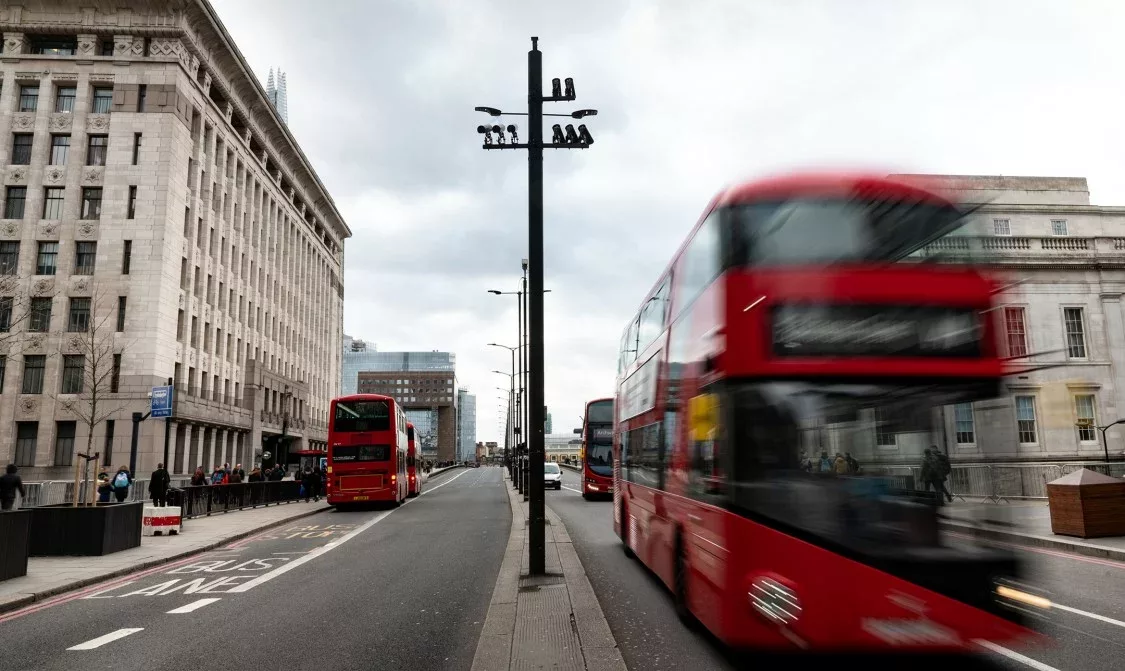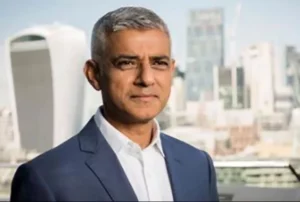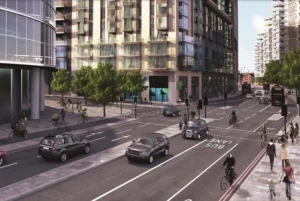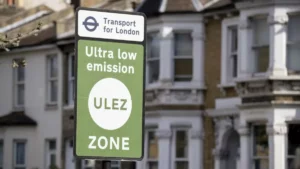A London Assembly member is leading a legal challenge against the city’s Mayor over his decision to allow the Met police access to cameras monitoring the expanded Ultra Low Emission Zone.
Green Party member Sian Berry is working with Open Rights Group, a privacy campaigning organisation, and law firm Bindman’s, to prevent the Mayor waving through a new police surveillance network, without any public consultation with Londoners.
Ms Berry has been warning since 2019 about the potential privacy implications of a London-wide camera network and urged him to get the consent of Londoners before launching any such scheme.
When Boris Johnson was Mayor he granted police ‘limited access’ to data from Automated Number-Plate Recognition (ANPR) road cameras in 2014. However, the current Mayor expanded these powers in May this year to include the whole of inner London, not just the congestion charging zone, and add ‘enhanced contextual imagery data’ from road cameras.
Campaigners say this means police will be given access to photographs of roads showing the colour and make of vehicles, and potentially images of the faces of drivers and people walking past on the pavement.
“I am deeply disappointed that the Mayor has not listened to repeated warnings that sharing the cameras from the expanded clean air zone with the police was a huge increase in surveillance of Londoners that should not be signed off by his office,” said Ms Berry. “I have been telling the Mayor since 2019 that sharing this data with the police is wrong and that Londoners must have their say in any decision.
“With so many awful revelations bringing trust and confidence in our police to an all-time low, Londoners should have been asked if they would trust them with this massive database about their daily movements.
“The expanded Ultra Low Emission Zone has been helping cut air pollution for many months already, without all this data being shared with police, and the Mayor must now reverse his hasty decision and instead protect Londoners’ privacy.”
Members of the Independent Advisory Group (IAG) on Automated Number-Plate Recognition (ANPR) road cameras have described the Mayor’s plans as: “a gargantuan increase of surveillance in London, where there is a strong set of democratic structures ie the councils, so the matter should be taken to them so that they know what is happening. There may also be a disproportionate effect on ethnic minority communities due to placement of the cameras – something that has already happened in the West Midlands.”
The Executive Director of the Open Rights Group (ORG), Jim Killock, added, “With a stroke of a pen, Sadiq Khan has taken a decision that violates the basic privacy rights of millions of Londoners.
“As a former Human Rights lawyer, Sadiq Khan should know that his decision to grant access to the Metropolitan Police is unlawful without meaningful public consultation. Sadiq khan should explain why he has chosen to ignore the views of the Independent Advisory Group on these road cameras who have called his plan as a “gargantuan increase of surveillance in London” and have questioned the legality of it.
“London is one of the most surveilled cities in the world and with plans to expand the Ultra Low Emission Zone (ULEZ) to cover the whole of Greater London from the end of 2023, every single car, driver and pedestrian in Greater London will be subject to surveillance by the Metropolitan Police, yet Londoners have had no say in this.
“We believe that the use of these camera, in particular by the police, should be subject to extremely rigorous oversight and deployed only after proper consultation and ongoing monitoring by stakeholders. This requires active engagement with non-dominant communities and groups which stand to be disproportionately impacted by over-policing.”
Salima Budhani, Partner in the Public Law & Human Rights team at Bindmans, commented, “The aim of this case is to require the Mayor of London to consult with Londoners about the proposed sharing of location records and images from TfL’s ANPR cameras with the Metropolitan Police.
“The scheme involves sharing with the police a vast amount of data recording the whereabouts of Londoners going about their daily lives. The Mayor was under a clear duty to provide information and seek views before signing off the scheme.
“Had he done so our clients and others would have had an opportunity to air their concerns about the privacy risks involved which should have been taken into consideration by the Mayor in reaching a decision on this important issue.”
(Picture – Siemens)





















